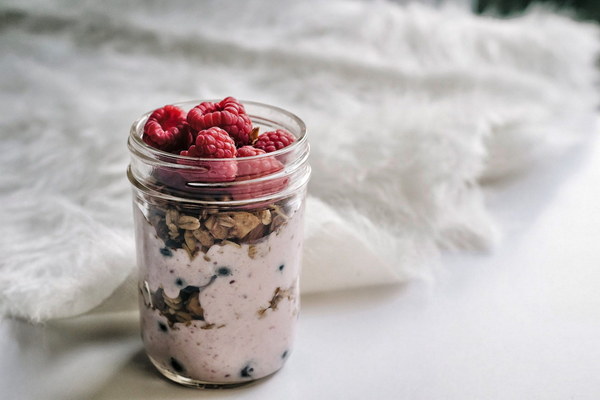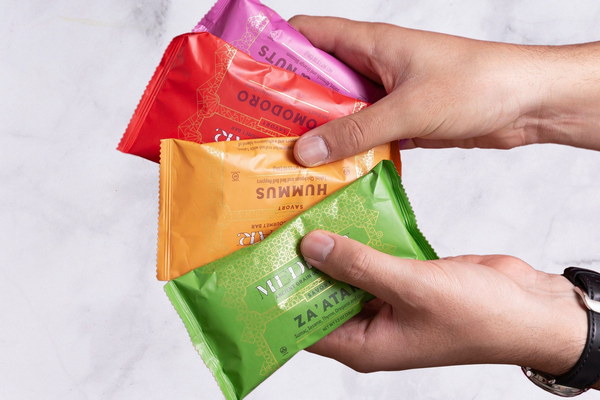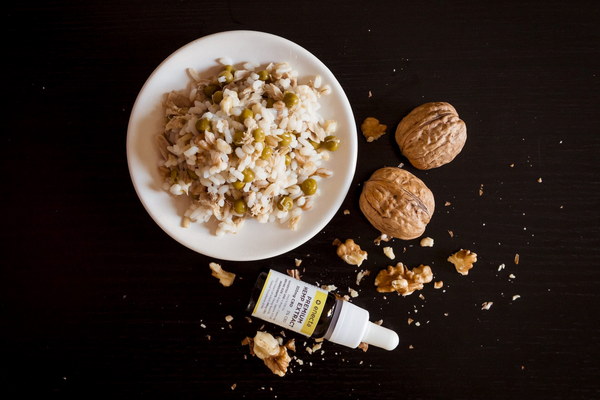Natural Remedies How to Supplement Your Diet for Eczema Relief
Eczema, a chronic skin condition characterized by inflammation, itching, and redness, can be quite uncomfortable and challenging to manage. While conventional treatments such as topical creams and antihistamines are essential, natural remedies can also play a significant role in alleviating symptoms and improving your overall skin health. Here's how to supplement your diet for eczema relief.
1. Increase Omega-3 Fatty Acids
Omega-3 fatty acids have powerful anti-inflammatory properties and can help reduce the severity of eczema symptoms. Incorporate foods rich in omega-3s into your diet, such as:
- Fish: Salmon, mackerel, sardines, and trout are excellent sources of omega-3s.
- Flaxseeds: Ground flaxseeds are a great addition to smoothies, salads, and yogurt.
- Chia seeds: Similar to flaxseeds, chia seeds can be sprinkled on various dishes for added omega-3s.
- Walnuts: Walnuts are a nutty source of omega-3s and can be enjoyed as a snack or added to salads and oatmeal.
- Almonds: Almonds are another nutty source of omega-3s, and they can be a healthy alternative to other snacks.
2. Boost Your Vitamin D Intake

Vitamin D plays a crucial role in maintaining healthy skin. A deficiency in vitamin D can exacerbate eczema symptoms. To increase your vitamin D intake:
- Spend time in the sun: Aim for 10-30 minutes of sun exposure per day, depending on your skin's sensitivity.
- Eat foods rich in vitamin D: Fatty fish, fish liver oils, and fortified dairy products are good sources of vitamin D.
- Consider vitamin D supplements: If you are unable to obtain adequate amounts of vitamin D from your diet and sunlight, consult with your healthcare provider about taking a vitamin D supplement.
3. Load Up on Antioxidants
Antioxidants can help protect your skin from inflammation and damage. Incorporate foods high in antioxidants into your diet, such as:
- Berries: Blueberries, strawberries, raspberries, and blackberries are packed with antioxidants.
- Dark chocolate: Dark chocolate contains flavonoids, which are antioxidants that can help reduce inflammation.
- Green leafy vegetables: Spinach, kale, and Swiss chard are rich in antioxidants and can be enjoyed in salads or sautéed.
- Nuts and seeds: Almonds, walnuts, chia seeds, and pumpkin seeds are good sources of antioxidants.
4. Stay Hydrated
Drinking plenty of water is essential for maintaining healthy skin. Aim to drink at least 8 glasses of water per day to keep your skin hydrated and support overall health.
5. Avoid Common Allergens
Identifying and avoiding common allergens can help reduce eczema symptoms. Common allergens include dairy, eggs, nuts, and gluten. Consider working with a healthcare provider or a nutritionist to identify any potential allergens and develop an appropriate diet plan.
6. Incorporate Probiotics
Probiotics are beneficial bacteria that can help maintain a healthy gut flora, which is essential for overall health. Foods rich in probiotics include:
- Yogurt: Choose plain, unsweetened yogurt with live cultures.
- Kefir: Kefir is a fermented milk drink that contains probiotics.
- Sauerkraut: This fermented cabbage dish is rich in probiotics and can be added to sandwiches or salads.
- Kimchi: Kimchi is a fermented Korean dish made from cabbage and radishes, and it's an excellent source of probiotics.
In conclusion, managing eczema requires a combination of lifestyle changes, topical treatments, and dietary adjustments. By incorporating these natural remedies into your diet, you can help alleviate eczema symptoms and improve your skin's health. Remember to consult with your healthcare provider before making any significant changes to your diet or treatment plan.









